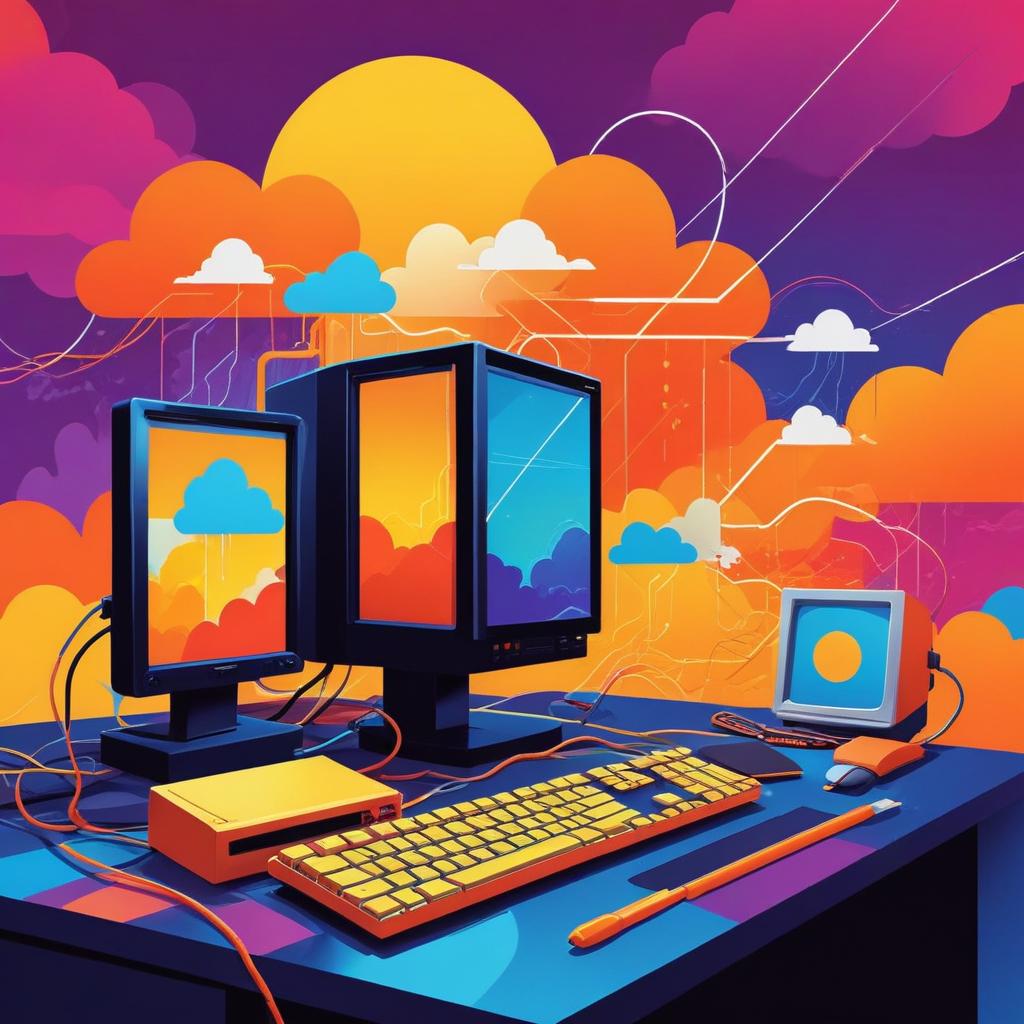Exploring MacStadium's Remote macOS Desktops: Challenges and Triumphs

Tom Fenton's recent article on MacStadium highlights the emerging demand for remote macOS desktops, showcasing their potential for various industries. With a focus on macOS's unique virtualization landscape, the piece delves into both the operational efficiencies and inherent challenges of remote computing in the Apple ecosystem. Fenton emphasizes the utility of MacStadium's services, noting their significance in media, entertainment, and financial sectors. Yet, he carefully navigates the technological hurdles that remain prevalent in this niche.
Positive Aspects of MacStadium's Offering
- Performance: Users can access powerful hardware like the 2020 Mac mini M1, ensuring high performance for demanding applications.
- Reliability: Fenton's experience showcased smooth operations using Citrix without latency issues, indicating the effectiveness of the remote desktop setup.
- Customization: MacStadium provides tailored offerings, from single Mac minis for basic tasks to powerful Mac Studios designed for professionals.
The longer-term impacts of adopting such remote solutions include increased accessibility for companies needing macOS systems without investing heavily in physical infrastructure. This can democratize access to technology, fostering innovation across sectors reliant on macOS, such as design and software development.
Addressing the Challenges
Despite the advantages, Fenton outlines several constraints limiting the broader adoption of VDI and DaaS for macOS:
- Legal Limitations: Apple's EULA restricts virtualization, allowing only two macOS instances concurrently on a single Mac, creating scalability challenges.
- Hardware Compatibility: Unlike Windows, which thrives on high-density virtualization, macOS requires genuine Apple hardware, often translating into higher costs.
- Resource Management: Virtualizing resource-intensive applications can lead to performance issues. Proper resource allocation remains a core concern for organizations aiming to maximize efficiency.
Critically, the inherent assumption that physical access to Apple hardware equates to better performance does prompt reflection. As virtualization technology advances, are there emerging alternatives that could better facilitate macOS applications in virtual environments?
Broader Industry Context
MacStadium's offerings shine amid the complexities of a fluctuating tech landscape. However, contrasting evidence arises when analyzing how the Windows and Linux operating systems handle virtualization more adeptly. Fenton’s report raises a compelling question: Can Apple pivot toward more flexible virtualization strategies? Alternatives may spring from innovations within cloud computing that transcend traditional hardware limitations.
Final Thoughts
As remote computing continues to evolve, embracing Apple's ecosystem will remain pivotal for many industries. Despite the constraints, MacStadium's services present tangible benefits that underline the importance of high-quality remote macOS solutions.
At DiskInternals, we develop data recovery software for both virtual and real environments, providing our clients with the tools necessary to mitigate data loss. Our deep understanding of the technical landscape equips us to help businesses avoid potential pitfalls associated with virtualization, ensuring continuity and resilience in their operations.